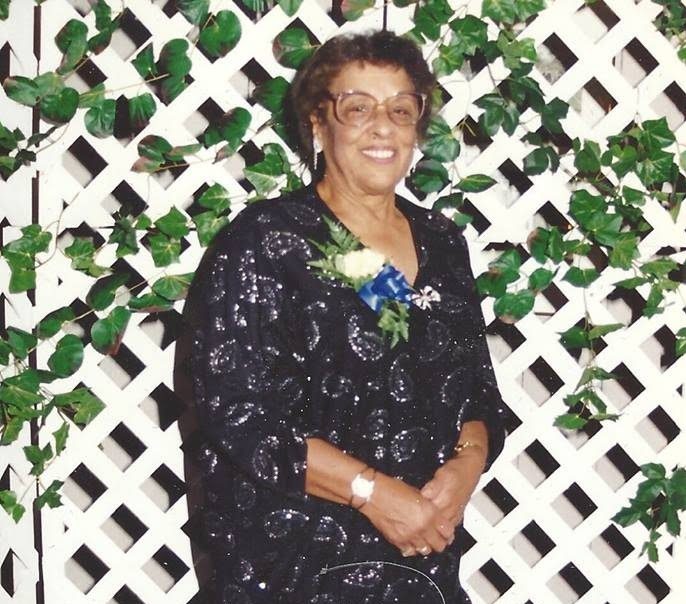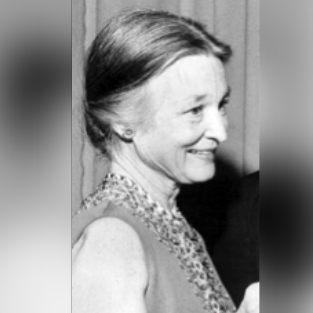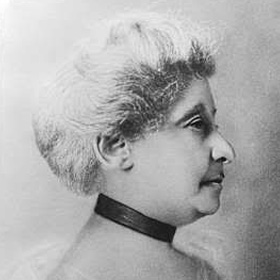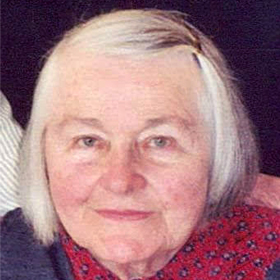What do a tea room in Westport, a bookstore in New Bedford, and a children’s museum in Dartmouth all have in common? These are just some of the creative projects conceived by teacher, woodcarver and entrepreneur Helen Elizabeth Ellis (1889-1978). The youngest of nine children, Helen was born in Northboro, Massachusetts, on February 23, 1889.
What do a tea room in Westport, a bookstore in New Bedford, and a children’s museum in Dartmouth all have in common? These are just some of the creative projects conceived by teacher, woodcarver and entrepreneur Helen Elizabeth Ellis (1889-1978). The youngest of nine children, Helen was born in Northboro, Massachusetts, on February 23, 1889. Her father, William Rogers Ellis, was a Harvard graduate who changed careers often and died at the age of 57 from a chronic respiratory illness. Her mother, Helen Huntington Pierce, the daughter of a Harvard professor, moved often after the death of her husband, usually to live with one of her daughters. The family valued education, and a wealthy aunt and uncle funded private education in prestigious schools for Helen and her siblings.
Helen began crafting miniature people and animals for a dollhouse as early as the age of four, when her mother recognized her artistic talent and arranged for her to work with two women artisans with connections to Barnstable, where the Ellis family summered. At the age of 12, as her father became more ill, Helen moved to Boston to live with her sister Sally and her husband Richard Cobb, headmaster of Milton Academy. While living in Boston, Helen attended Miss Ingalls’ School in Cambridge, where she received formal training in woodworking. Beginning in 1904, Helen enrolled at Milton Academy, where she excelled in art and athletics. After three years at Milton Academy, Helen returned to Boston and prepared for teaching art at the North Bennet Street Industrial School and the Child Walker School of Design. She specialized in teaching woodworking to seventh through ninth graders employing a series of woodworking projects from simple to complex. Prepared to share her enthusiasm for art with young people, Helen began teaching in 1909 at Milton Academy, where she would remain for 19 years. As perhaps her first entrepreneurial project, Helen began a sandwich service at Milton Academy that soon became the school’s snack bar.
Through her friend Imogene Weeks, assistant headmistress at Milton Academy, Helen visited and fell in love with Westport, Massachusetts. In 1916, she bought a house on Main Road at Westport Point and opened the Whaler Tea Room, a restaurant in the rooms at the front of the house. A Westport resident for more than 50 years, Helen joined the Westport Historical Society, Land Trust, Women’s Club and Public Library. To this day, the Westport Cultural Council administers grants from the Helen Ellis Charitable Trust, a fund to support projects that benefit the Westport community’s appreciation of the arts.
Helen’s entrepreneurial spirit found expression in New Bedford as well. In 1928, Helen left teaching at Milton Academy and opened The Whaler Book Shop with Imogene Weeks in a rented house at 106 School Street. The book shop and a circulating library were set up on the lower floors, and the two shop owners lived upstairs, especially during winters. The Whaler Book Shop sold books for children and adults and offered special programs, including author lectures, studio space and exhibits. Helen continued her woodcarving in a second-floor studio and exhibited her work throughout the shop. In 1930, Helen and Imogene expanded their customer base by creating the Whaler on Wheels, a traveling bookstore that brought books directly to readers. They modified a 1928 Chevrolet coupe with a case at the back that held 500 books and display shelves. Helen, Imogene and their small staff took the Whaler on Wheels out to surrounding towns, Cape Cod, Rhode Island and even farther. Although this early bookmobile covered its own expenses during the first year, the Great Depression impacted both The Whaler Book Shop and its mobile spinoff. After six years, the bookstores closed.
Helen continued to contribute to New Bedford in lasting ways. In 1934, Henry Crapo, president of the Old Dartmouth Historical Society, hired Helen to lead its new department for non-whaling material, and by 1939, she was assistant curator to William Tripp. Helen curated special exhibits that introduced the community to decorative arts and furnishings, including exhibits of lamps, dolls, glass, and scrimshaw. Helen’s work at the Old Dartmouth Historical Society also included music programming, fundraising, and communicating activities through the local newspaper. Her Sunday afternoon musicals featured classical and popular songs, including sea chanteys. Her fundraising to support New Bedford’s purchase of the Charles W. Morgan, though not successful, showed her commitment to preservation. Under the direction of the Old Dartmouth Historical Society, the New Bedford Whaling Museum continues to offer special decorative arts exhibits and innovative programming that were first introduced by Helen Ellis.
In 1952, Helen brought both her museum experience and her commitment to education to Dartmouth, where she worked with Helen Wadsworth and Bertha Waldo to open the Children’s Museum of Dartmouth. In Russells Mills Village, they converted a church into a free museum for children. With much community support, the museum offered live animal exhibits, summer nature classes, a collection of birds with nests, and later a room for making giant bubbles. As museum trustee and board president, Helen remained active with the Children’s Museum through the early 1970s.
After her retirement from teaching, Helen’s woodcarving gained increasing recognition. She was invited to exhibit her work at The Art Center in New York City in 1932, the Quincy Art Center in 1934, the Montclair Art Museum in 1935, the YWCAs in Boston and New Bedford in 1938, and the American Sculpture Exhibit at the Metropolitan Museum of Art in New York in 1951. She was elected into the National Association of Women Artists and Sculptors. Her woodworking included small figures, decorated boxes, relief-carved signs, and some larger pieces. Though some pieces were for sale, she primarily created woodcarvings for her own home and as gifts.
Helen Elizabeth Ellis died in Westport at the age of 89 on April 15, 1978. Upon the subsequent death of her friend and companion Rosamond Pierce, her sculptures and personal papers were moved to the Old Dartmouth Historical Society, where they remain kept as a testament to her creativity and commitment to the communities of the South Coast.
Ann O’Leary, Emily Bourne Research Fellow
Information from
-
Ellis, Helen, and Rosamond Pierce. “Helen Ellis and Rosamond Pierce.” Interview by Mary Giles, 15 Sept. 1975. Westport Historical Society, posted by Jenny ONeill, 16 July 2014. http://wpthistory.org/2014/07/helen-ellis-rosamond-peirce/.
-
Lund, Judith N., and Margaret K. Rodgers. Helen Elizabeth Ellis 1889-1978, Old Dartmouth Historical Sketch Number 84. Trustees of the Old Dartmouth Historical Society, 1994.
![[Helen Ellis Portrait], c. 20th century, Photograph, Courtesy of the New Bedford Whaling Museum Photograph of Hellen Ellis - a young woman wearing a dark cap, leaning against another woman out of frame](https://historicwomensouthcoast.org/wp-content/uploads/2018/02/Helen-Ellis-cc-600x600.jpg)




